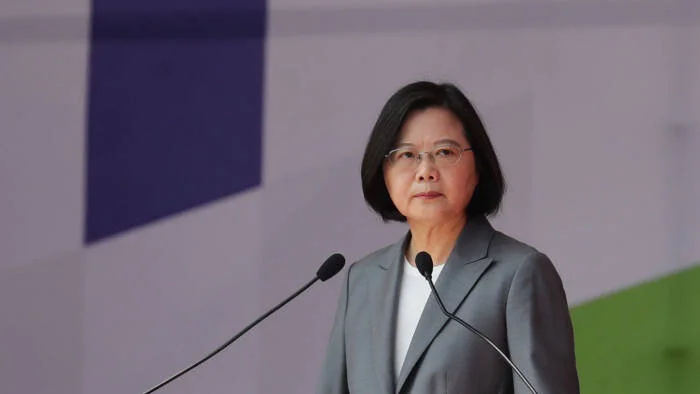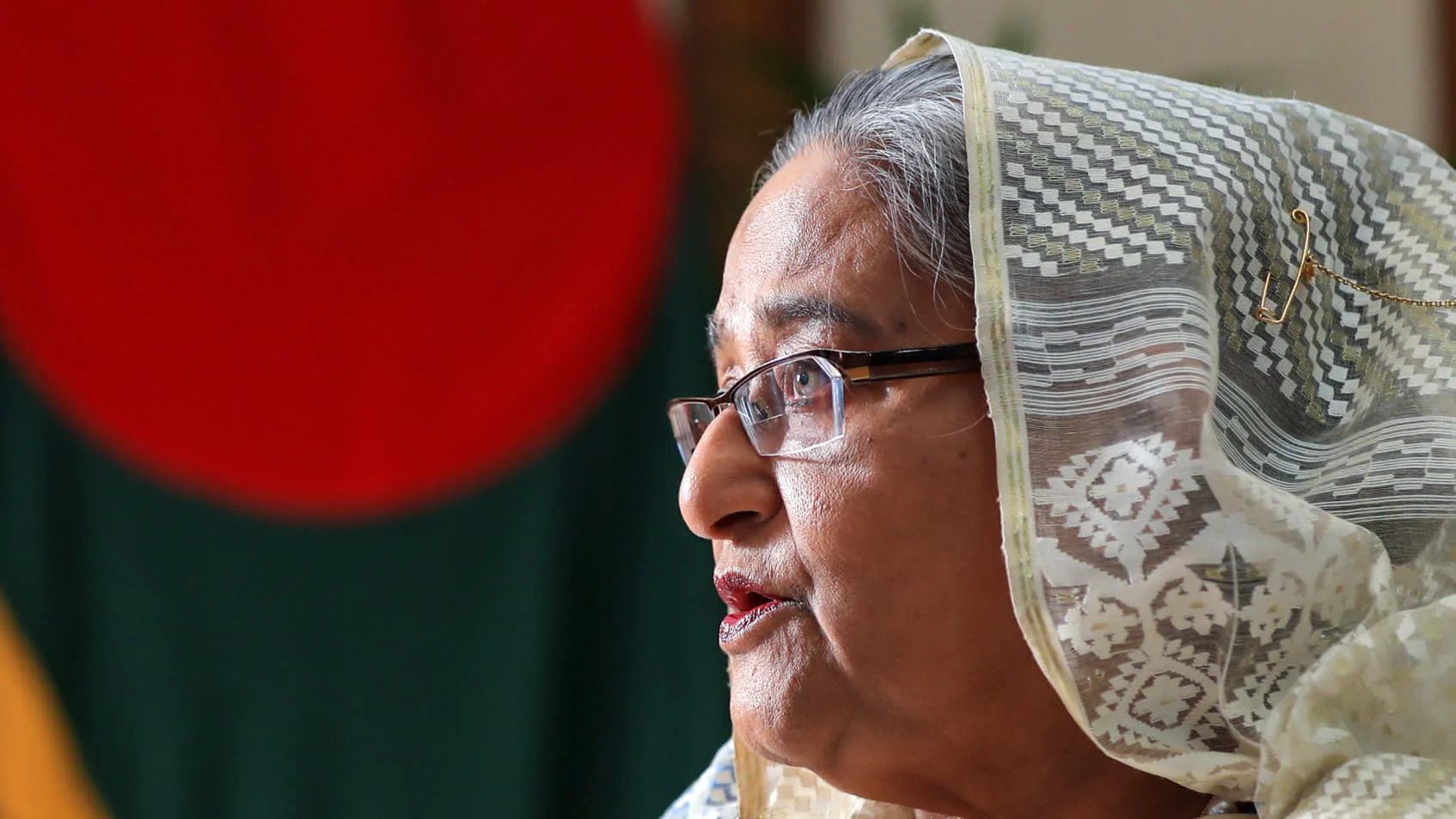Embracing Diverse Unity: What I Learned From Irshad Manji About Civility
“Unity does not have to mean uniformity.” — Irshad Manji
As we await the outcome of the 2020 election, tensions are rising. Every day, heated political posts that say things like “If you don’t believe X, then you’re X” or “Unfollow me if you really believe X” fill my social media timelines. Too often, we rely on simplistic labels and binaries to identify those who are like us, and we condemn those who stand on the “wrong” side of the aisle. In the past, I’ve even changed my views on certain issues so that my beliefs aligned with everyone I followed on social media. At first, it felt good to identify with such a large group of people, but since then I have learned that this type of forceful uniformity is dangerous.
I recently discovered the works of Irshad Manji, best-selling author and founder of the Moral Courage Project, an organization that teaches people how to do the right thing in the face of their fears. She won Oprah’s first “Chutzpah” award for her “audacity, nerve, boldness, and conviction.” Manji’s book, Don’t Label Me, discusses how to embrace diversity of thought and bridge us-versus-them divisions by avoiding labels. She said in an interview, “If we want to reclaim the strength of diversity, then those of us who champion diversity have to practice it honestly. That means including different points of view and not just different religions, sexualities, genders, and races so that it really does include more than people whom we already defined as ‘us.’”
Manji pinpoints a massive problem in our society today: we can no longer civilly discuss anything political. To young people especially, every issue is always painted as black or white; you’re either on the right or wrong side, and there is no other option. We use tactics such as peer pressure, belittling, name-calling, and shaming to silence those who do not agree with our positions. It is easy to surround yourself with peers who echo your sentiments, but it is far more productive to engage in difficult, civil conversations with those who hold different positions.
Many workplaces, schools, clubs, and other organizations have started to prioritize their diversity and inclusion efforts, but if our social media feeds are any indication, we’re still deeply struggling with embracing a diverse range of viewpoints. Every individual has a unique background that shapes their values, opinions, and stances. Our diversity is actually a strength that allows us to unite and accomplish more than we would have if we strove for shallow, forced uniformity. By listening to each other and working together towards greater common goals, we can achieve real change.
There are serious consequences to these culture wars and precedents for political discourse that we are setting for future generations. Look no further than the question that Brecklynn Brown, an eighth grader from Springville Junior High, posed to VP candidates Mike Pence and Kamala Harris during the vice presidential debate. She wrote, “When I watch the news all I see is arguing between Democrats and Republicans. When I watch the news all I see is citizen fighting against citizen. When I watch the news all I see are two candidates from opposing parties trying to tear each other down. If our leaders can’t get along, how are the citizens supposed to get along?”
We must find a path forward to unite as citizens of the United States and advance our democracy. Manji doesn’t argue that you should sacrifice your beliefs or condone acts of hatred and violence. What I learned from Irshad Manji is that we, as a society, can achieve much more when we are civil to one another.











